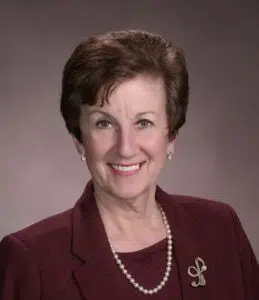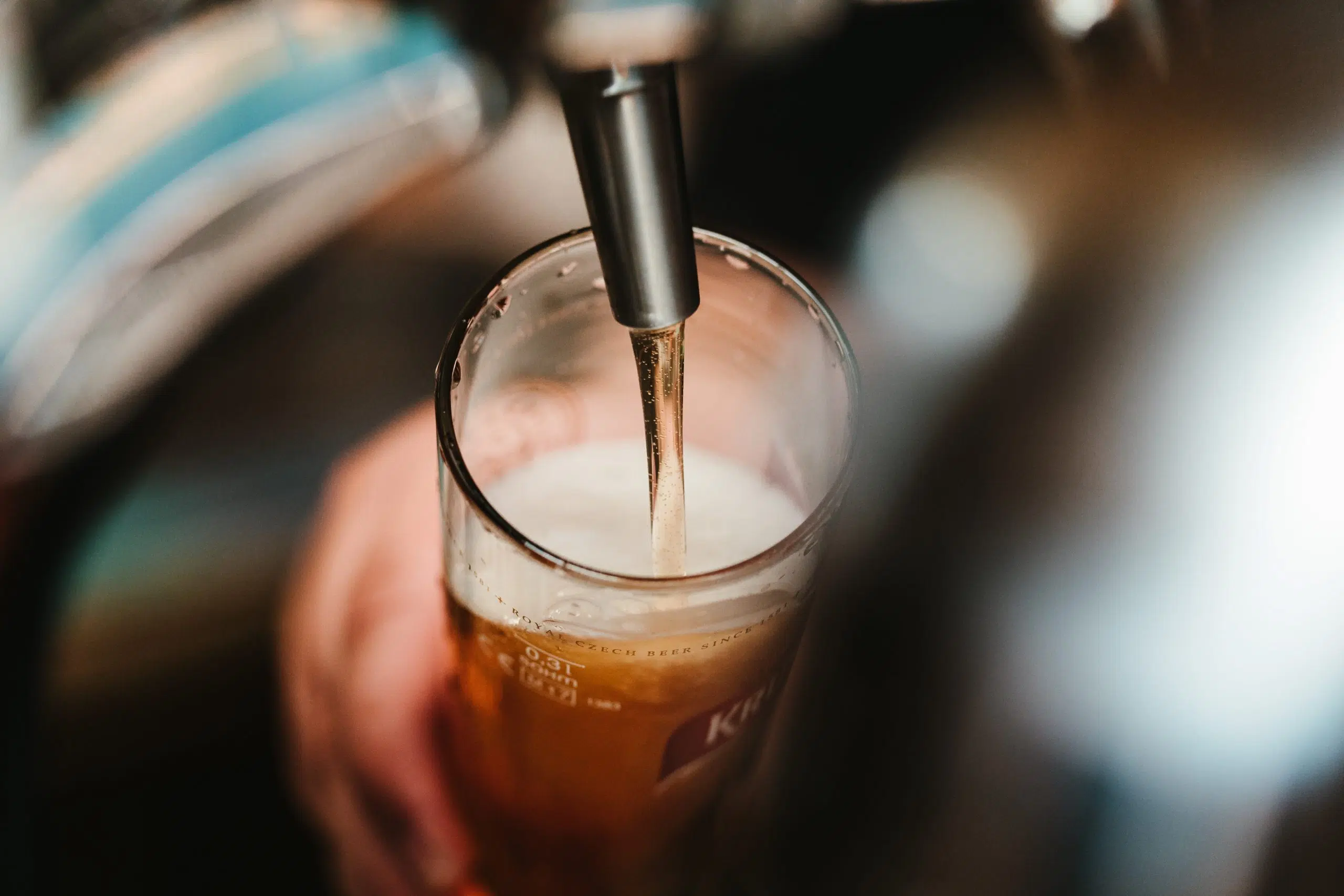As many as 1,500 restaurant and hospitality workers in New Brunswick still haven’t completed a mandatory, responsible beverage training course currently being offered for free.
The Tourism Industry Association of New Brunswick (TIANB) says the number could be even higher. TIANB president and CEO Carol Alderdice says she is surprised more licensed establishments haven’t taken advantage of the course while there’s no cost attached.
“I know we had estimated there would be at least 6,000 people that would need it,” says Alderdice.
“So far, we have 4,040 English and 405 French for a total of 4,445 in total,” she added, “But I feel I know for a fact that there’s still so many people that are unaware of the fact that this is mandatory.”
New liquor rules included mandatory training
The course on responsible alcohol serving practices became mandatory last year for anyone who serves and sells liquor at licensed establishments in the province.
The requirement was part of 2020 amendments made to the province’s Liquor Control Act.
Those amendments gave the foodservice Industry temporary permission to sell liquor with food orders for takeout or delivery. Those changes became permitted full-time in May of 2021, but only under provincial Liquor Control Act regulation.
But to comply to that regulation, all restaurant and bar staff who work in licensed establishments that serve alcohol must become certified through mandatory training.
The online course, offered by TIANB, has been available for free since last April and made available for owners of licensed establishments to help staff get a head start in completing the course before training became mandatory, on Sept. 1, 2021.
Time running out on free certification
A contribution of $150,000 from the Department of Post-Secondary Education, Training and Labour allowed TIANB to offer the online course to participants for free. But that funding will expire after March 31.
With less than 90 days remaining for licensed business owners to take advantage of the free mandatory training, there’s still a large share of licensed establishments and services whose employees either haven’t taken advantage of the course or are still unaware it’s being offered for free.
Before it was mandatory, the responsible beverage training course was offered for a fee of $45, before government support. Alderdice says once the course is no longer free it will be offered for TIANB members for $35, and $50 for non-members.

TIANB President and CEO, Carol Alderdice, (pictured) hopes licensed establishments in NB will take advantage of certification now while it’s still offered for free. (TIANB Submitted)
Once registered, participants will have up to 30 days to complete the four-hour course. At the end, participants receive a Responsible Beverage Certification that is good for five years.
The training, also approved by MADD Canada as meeting national curriculum standards, helps staff understand and maintain a safe and professional environment at their establishment while educating about alcohol-related legal liability and how to protect against it.
Responsible beverage training has also been shown to improve customer service at establishments that serve alcohol by giving staff better confidence and awareness.
Alderdice says TIANB is planning to do more engagement to help get the word out to restaurants and establishments that sell and serve alcohol, so they don’t get fined for employing staff who are not certified to serve.
Boost for jobseekers
For a restaurant and hospitality industry short on workers, Alderdice says the course will actually help those looking for a job.
“If you have a certificate already, and you want to be a bartender or server and you already have a certificate, it’s probably an asset to have that so that the restaurant or the owner doesn’t have to pay for it,” says Alderdice.
She says the certification is for the person working and serving, not a certificate for the restaurant.
While it might come as a surprise that a responsible beverage training course wasn’t mandatory in New Brunswick until 2021, “It wasn’t for the lack of trying,” says Alderdice.
In her three years in a position of advocacy, she had tried to get the province to make the course mandatory, saying most, if not all the other provinces already had such training as a requirement.
Alderdice says while the announcement of the mandatory program and limited free access to it came out last spring, she learned speaking on restaurant tours last summer, that many establishments and their owners still weren’t aware of it.
She hopes establishments take the time to certify their staff, not only for public safety reasons, but to avoid being penalized for not taking advantage of something that is mandatory and, right now, still free.
“Everybody that serves or sells alcohol who doesn’t have this course–they’re going to be fined,” she said.
Tyler Mclean is a reporter with Huddle, an Acadia Broadcasting content partner.







